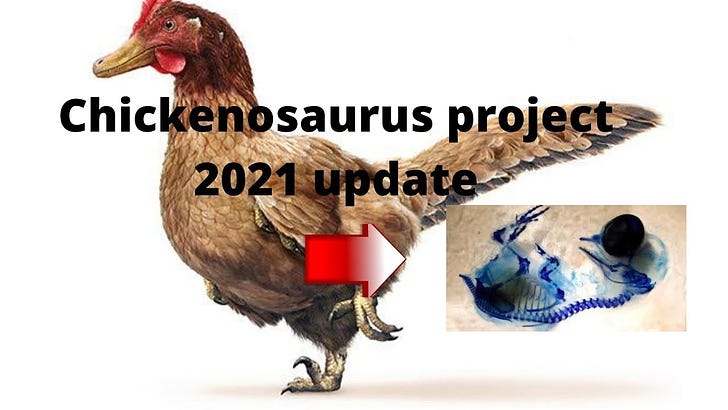This is part one of a two-part interview.
Original Website Blurb from 2012
[minus all the broken links]
Danielle left a comment on the blog page. As keeps happening, when I followed up with her about that, she turned out to be interesting. Yay, social media!
As promised in this week's episode, here's a link to her blog on the Scientific American Blog Network.
http://blogs.scientificamerican.com/urban-scientist/
This week, like a lot of other people, she's talking about the Trayvon Martin case in Florida. She links to some blog posts about psychological studies that point to the same intuitive, emotional decision-making mechanisms I'm always talking about here. Those posts point out that there was a bias towards shooting black males in safe environments. However, the original article's abstract also says that the bias went away when they manipulated the background to add other danger cues.
My kid is home with strep throat this week, and in the course of 5 days has watched almost the entire 52-episode run of X-Men: Evolution. He's developing some of that same "victim is always right" bias. The show is actually more complex than that, but for him, for now, it's Mutants Good, Humans Bad.
I am in no way defending the shooter here. I'm saying that all humans, every one of us (black, white, male, female -- doesn't matter), has the same tribal tendencies to favor Us and to discriminate against Them. The confusion comes from our flexibility in defining those tribes. There's an article (an excerpt from a book, actually) that I use with my students at this time every semester, after we've done basic logic and are just beginning the scientific method. It summarizes several experiments showing that humans are naturally prejudiced against outsiders, but that the boundaries are pretty arbitrary. Anything that indicates "the other team" will activate those prejudices. Eye color will do it; hell, t-shirt color will do it.
https://www.newsweek.com/even-babies-discriminate-nurtureshock-excerpt-79233
Again, I'm not defending anyone. The tendencies are simply there, and we do with them what we will. Being aware of them makes it more likely that we can act against them.
Updates from 2021
Danielle Lee has done well for herself in the past decade. Her Scientific American blog ran until 2016. She was a TED fellow in 2015, and got another fellowship from National Geographic to study rats in Africa. She got a tenure-track job, which is a rare thing these days, at Southern Illinois University. And according to her Wikipedia page, she has remained politically active throughout, which is a difficult balancing act for a state employee.










